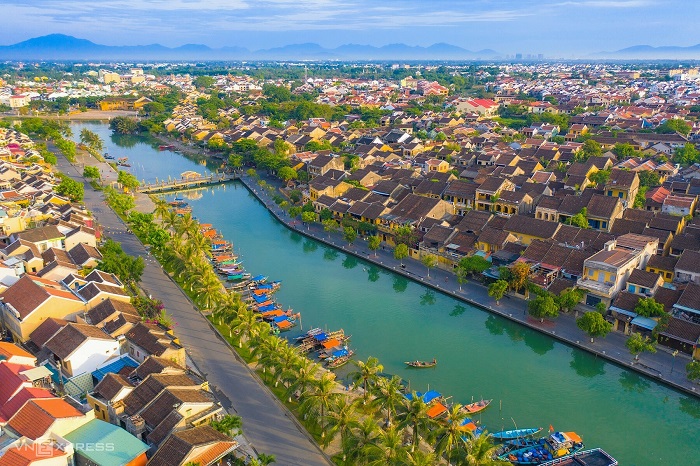
Top 10 useful tips for a successful trip to Vietnam
- on Feb 20, 2024 By: Ngoc Nguyen
Ensure your trip to Vietnam is successful by sidestepping common preparation and travel errors. A well-planned journey helps prevent mistakes and dissatisfaction. Since forewarned is forearmed, to make the most of your Vietnamese adventure, heed our advice to avoid disappointment and fully relish your experience.
1. Choose your time to visit wisely
Choosing the right season to visit is an important element to take into consideration for every trip. While Vietnam’s climate varies by region, you don’t want your stay in Sapa to be covered in fog and not be able to see the superb rice terraces. You also don’t want to find yourself in torrential rains in October in the charming towns of Hue and Hoi An, when what you signed up for is a relaxing beach vacation in sunlight. Rough seas could prevent you from enjoying the delightful island of Phu Quoc between June and September. Each season, Vietnam reveals a different charm, so make sure to choose the right time for your destination to enjoy a trip to Vietnam that matches your expectations.
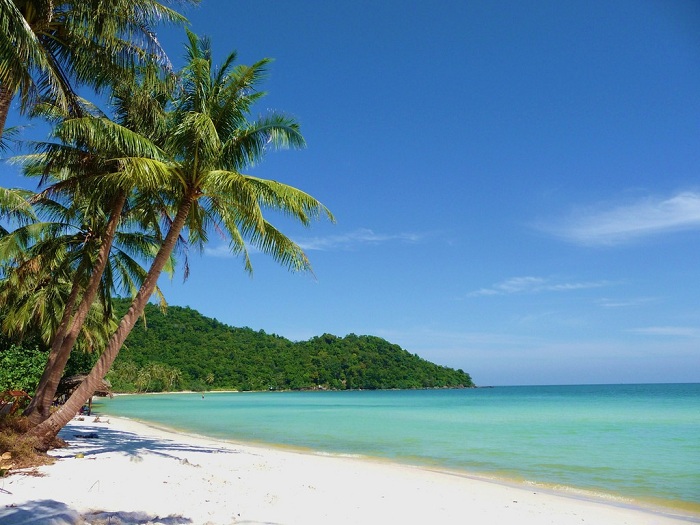
>> Read more: Best Time to Visit Vietnam: A detailed weather guide
2. Pack lightly
Pack compactly with essentials and avoid dragging bulky luggage unless you really need to. When traveling to Vietnam, there is no need to bring too many clothes, as you can easily have your clothes washed at your hotel quickly and at a very reasonable price. There are also many laundry stores in big cities, and please note that you can also buy everything you need to complete your wardrobe on-site. Remember to adapt the contents of your suitcase to the season in which you are visiting Vietnam. If you plan to have a few days of hiking in Northern Vietnam, don't forget warm clothing for the evening.
3. Don’t overload your itinerary
It’s understandable that you wish to see and experience as much as you can, considering you come from quite far away from Vietnam. However, there exists a paradox that when you want to see everything, you often don't see much. Traveling should always focus on enjoying the moment and experience rather than being in a race, especially when time is limited. For a stay of less than 15 days, we advise visiting two regions (North and South, North and Center, or Center and South) for more quality time, in which you are able to gently appreciate the historical and natural riches while immersing yourself in the local culture. A moderate pace is the guarantee of a successful trip!
>> Read more: 15-day Vietnam Tour: Travel itineraries for all types of travelers
4. A day trip to Halong Bay is not enough

Taking a cruise is undoubtedly the best way to appreciateHa Long Bay, a must-see destination in Vietnam. The drive from Hanoi to Tuan Chau harbor takes about 2 hours, so a day cruise doesn’t afford you enough time to truly enjoy the bay's stunning beauty. Instead, opt for a cruise that includes an overnight stay on a junk to fully experience the mesmerizing seascapes of this natural marvel. With a 2-day, 1-night cruise or a 3-day, 2-night cruise, you will have the chance to witness breathtaking sunsets and sunrises over the limestone islands and islets and discover more unpopular sites of the bay.
>> Read more: How to choose your cruise in Halong Bay?
5. Don’t miss out on staying at a local homestay
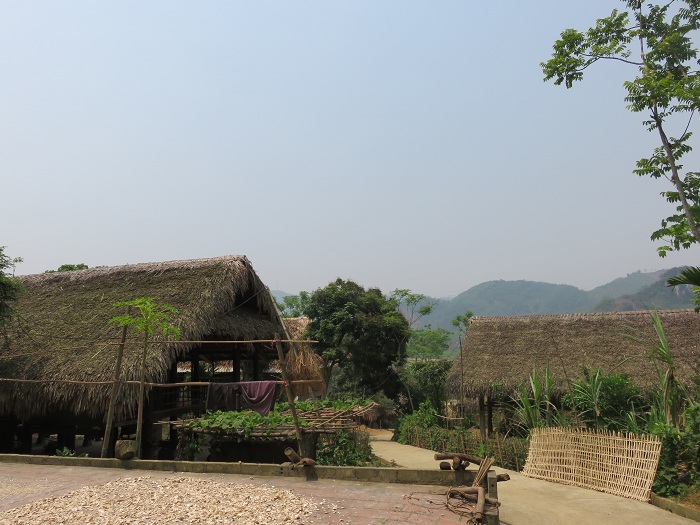
Staying at homestays hosted by locals enriches your experience in Vietnam. Though the comfort level of a homestay certainly can’t compare with that of a hotel, staying with the locals allows one to be more exposed to the truest facades of Vietnam through local traditions, culture, and ways of life. Additionally, this also helps to support the local economy. If you wish for deep insight into the authentic ways of life of the Vietnamese, homestays are the best option for accommodation.
6. Give the street food a shot
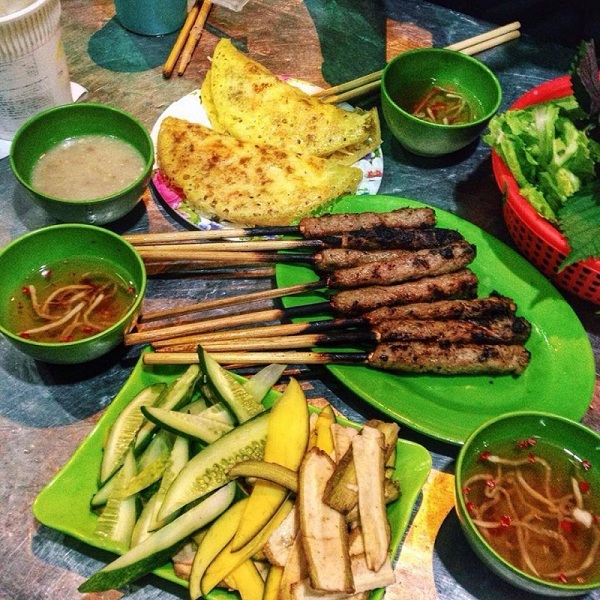
Vietnam is quite popular for street food, and it would be a shame if you returned from your trip without having tried some. Even when the hygienic conditions might not meet Western standards, you should give them a go. Maybe you will hazardously find a culinary gem on the street that tastes better than in any restaurant, and that is totally common in Vietnam. Have some delicious food and blend into the atmosphere of the street. However, while street foods can not be as hygienic as those in restaurants (you know, because they’re from the street), they should respect basic hygienic standards. We don’t recommend risking it if you don’t feel safe.
7. Choose your local travel agency wisely
To prevent any unpleasant surprises, it’s important to select your local travel agency wisely for planning excursions or your entire stay. While there are numerous local agencies in Vietnam, their quality can vary. Opt for an agency that is fluent in English to ensure they clearly understand your expectations and has a solid reputation. Additionally, remember to review customer feedback to gauge the reliability of the agency you choose.
>> Read more: The advantages of traveling to Vietnam with a local agency
8. Count distances by travel time instead of kilometers
This is, in fact, a helpful thing to keep in mind when organizing your itinerary and activities. In Vietnam, although the road infrastructure is continuously evolving, the heavy traffic still prevents fast travel. In remote mountainous regions, the rough terrain and road conditions make distances feel somewhat arbitrary. However, as you take in the breathtaking scenery, you'll find that time passes swiftly!
9. Be mindful of taxis
For a smooth trip, be careful of taxis. This is not a common situation, but there are still little chances that you can come across dishonest taxi drivers. Make sure the fare is transparent, and ensure that the taximeter is on correctly. To avoid any unpleasant surprises, choose recognized companies like Mai Linh, Vinasun, or Taxi Group. An easier way is to download transportation applications like Grab and Xanh SM, which allow you to know the price of the ride in advance.
10. Don’t forget to buy travel insurance
Though not legally required, travel insurance allows you to leave with peace of mind and to deal with any unforeseen circumstances during your trip. If you pay for your trip to Vietnam with your Visa, you and your loved ones are covered, but if this is not the case, we advise you to consider travel insurance that can help cover medical expenses, repatriation costs, and other potential financial losses in the event of a problem.
Related articles:
>> Best things to do in Vietnam: Guaranteed for a fulfilling trip
>> Vietnamese Currency Guide: How to Handle Money During Your Trip
 Español
Español Français
Français






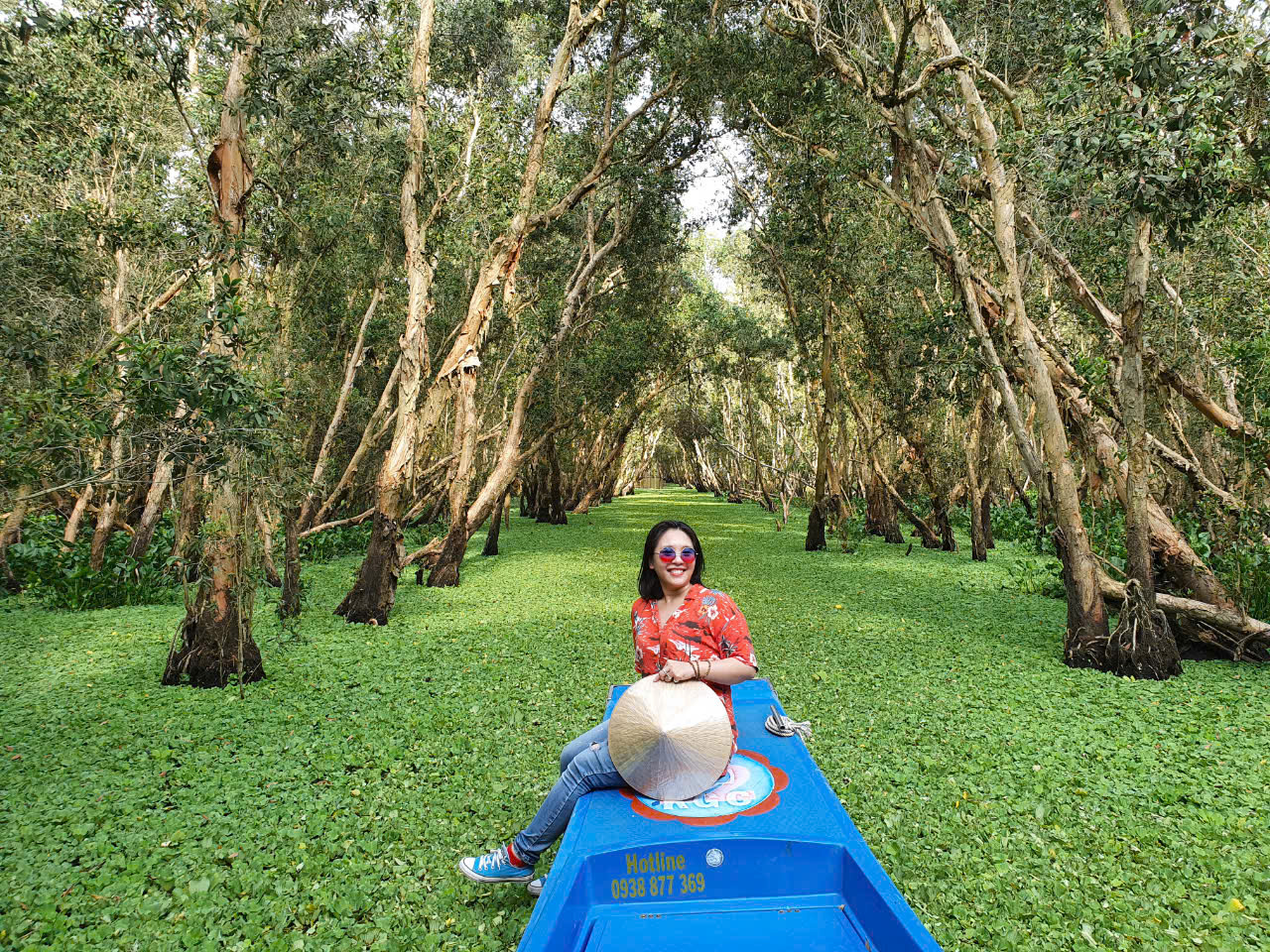
.jpg)

.jpg)





.png)


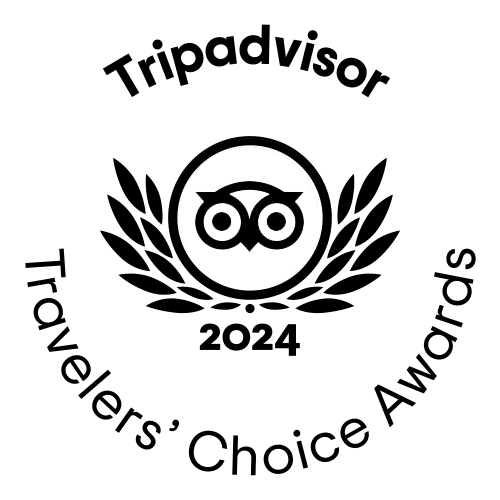

Timothy O Tool
on Feb 23, 2026Timothy William Groh
on Feb 23, 2026TwelmSC
on Feb 20, 2026Morgane Ter Cock
on Dec 18, 2025HerbertPhomaMS
on Oct 19, 2025